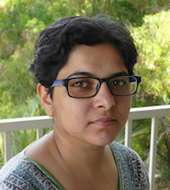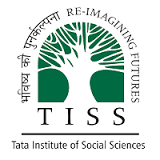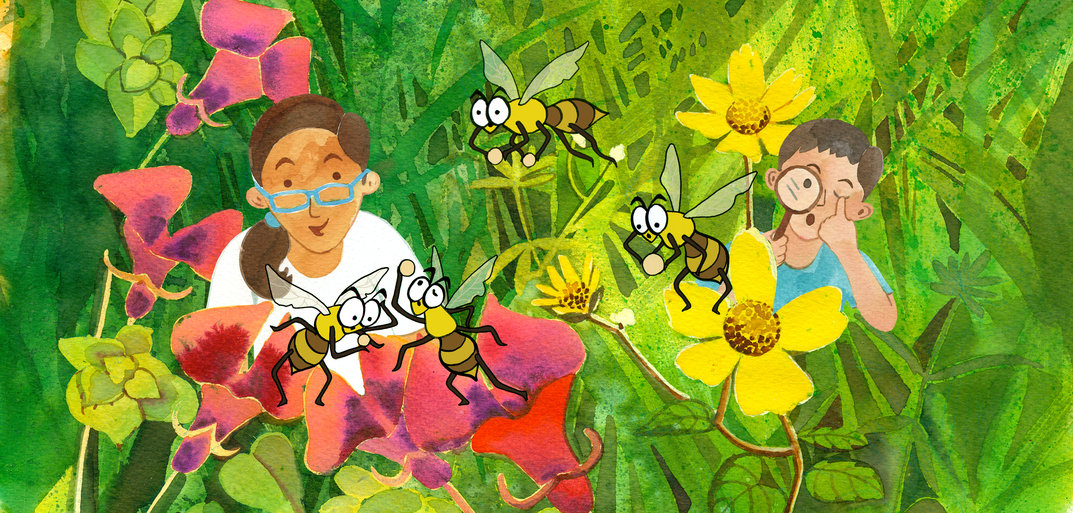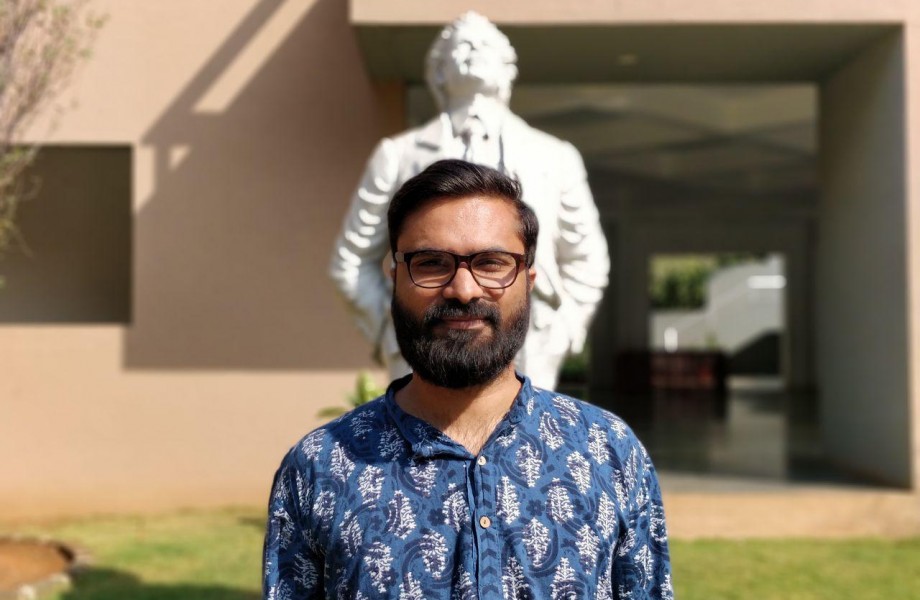About This Course
S-03a: Interactive Science Teaching (Experimentation) is a 2-credit course that is a part of the Reflective Teaching with ICT programme and is one of a set two courses. The Position Paper on science in NCF (2005) recommends that students should not only develop a sound understanding of scientific concepts but should also inculcate understanding about the nature of science. The course encourages teachers to think about what is science. Then it showcases how episodes in the history of science can be used as a story in pedagogy to make the subject interesting, to develop better understanding of content and to help students appreciate the nature of science. Then we go on to see that experimentation and reasoning are the two main pillars in science and how they can be manifested in pedagogic context. The course also includes exemplar material which draws upon these two themes (i.e. using history of science and experimentation in science education) to teach three topics: Health and Disease, Ecosystem and Sound.
Course Objectives
Course Outline
Unit 1: Nature of Science -
Science is a way of perceiving and understanding the natural world around us. It is a human endeavour to satisfy our curiosity to look around and know what events are taking place, and why they are taking place in that manner? This curiosity, in scientific terms, is called “inquiry”. We are naturally endowed with the capacity to be curious, observe events or record the facts. We propose hypotheses and collect data to test those hypotheses. In Unit 1 you will get an opportunity to understand the nature of science. You will also be able to reflect on how you, as teachers, can nurture your natural ability to do science both, in yourself and in your students so that you can develop a scientific temper instead of simply believing what you have heard or seen with scanty evidence.
Unit 2: Role of Experimentation and Argumentation -
Scientific knowledge is based on experimental evidence. It is also based on sound reasoning or logical arguments. For example, Einstein’s famous equation, E = mc2 , can be empirically tested by measuring the energy released during nuclear fission and can also be derived from the special theory of relativity. Experiments can give rise to new hypotheses and can be designed and performed to determine which of the competing hypotheses is correct. Of course, experiments are not done only to test hypotheses. They are carried out to see new things (e.g. Higgs boson or genome or black holes) to measure a natural constant (e.g. boiling point of water at a given pressure, acceleration due to gravity or Avogadro's constant), and of course to invent new things (a light bulb, medicines or new materials). Finally they are replicated to test the validity of the results as well as to pass-on the scientific knowledge to the new generation. This last category is of our interest. In this unit we will think more deeply about the educational purpose of experiments and how they should be conducted.
Course Staff
Dr. Shamin Padalkar
Assistant Professor, Centre for Education Innovation and Action Research (CEIAR), Tata Institute of Social Sciences, Mumbai
For my doctoral project I developed a pedagogy for elementary astronomy with a focus on visuospatial thinking. As a Postdoctoral Fellow at UCSB I designed and tested an intervention to improve representational competence of undergraduate students in steriochemistry. I now work on TPD for CLIx Science and also closely follow the development of the Science curriculum.
Rafikh Shaikh
Senior Research Associate, Centre for Education Innovation and Action Research (CEIAR),Tata Institute of Social Sciences, Mumbai
My research interest is in the area of educational technology in general and the role of computer-mediated collaboration in education in particular. We are comparatively studying two environments, one with computer-mediated group interaction and the other with one-to-one interaction with the computer. We are trying to understand the processes involved in learning in both environments. I’m also interested in approximate number system (ANS) and its connection with formal mathematics. As a part of Science Team at CLIx, I worked on the Basic Astronomy Module. I help in revising the student module, collecting and analyzing the data and writing research reports. I also teach MA Education and BEd-MEd students and work in the enabling teacher professional development (TPD).



